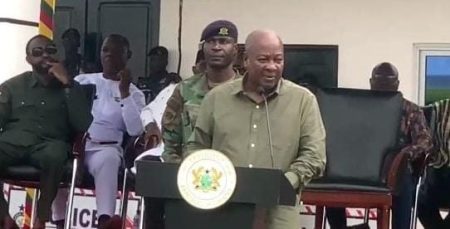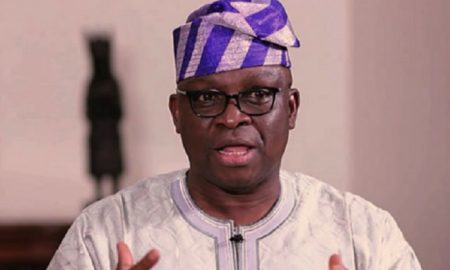The impending 2028 presidential race within the New Patriotic Party (NPP) is already generating considerable buzz and speculation, with various prominent figures vying for the coveted nomination. Dr. Razak Kojo Opoku, a key strategist for Dr. Bryan Acheampong’s campaign, has issued a timely caution against relying solely on perceived popularity as a predictor of success in the party’s internal elections. Drawing a compelling parallel with the 1996 NPP primaries, Dr. Opoku underscores the unpredictable nature of such contests, where seemingly assured frontrunners can be unexpectedly overtaken by candidates who better resonate with the party’s core values and long-term vision.
The 1996 NPP primaries witnessed the surprising defeat of Prof. Albert Adu Boahen, a widely respected academic and politician, by John Agyekum Kufuor, who subsequently became one of Ghana’s most esteemed presidents. This historical precedent serves as a potent reminder that the “spirit of the Elephant,” the party’s symbol, often guides the delegates’ choices based on pragmatic considerations and the perceived best interests of both the party and the nation, even when those choices deviate from popular expectations.
Dr. Opoku’s intervention comes amidst intensified behind-the-scenes maneuvering and lobbying within the NPP as potential candidates strategize to secure the party’s nomination to succeed President Nana Addo Dankwa Akufo-Addo. The competition is anticipated to be fierce, with several high-profile party members eyeing the top spot. In such a dynamic environment, Dr. Opoku’s message serves as a crucial reminder that the outcome is far from predetermined.
He emphasizes that the dynamics of internal party elections are often shaped by nuanced factors and grassroots sentiment, which can significantly diverge from the narratives propagated by campaign surrogates and amplified through media channels. While public perception and media attention play a role, the ultimate decision rests with the delegates, who are influenced by a complex interplay of factors, including personal relationships, perceived electability, alignment with party ideology, and the candidate’s ability to mobilize grassroots support.
The key takeaway from the 1996 primaries, according to Dr. Opoku, is that within the NPP, the most recognizable name does not automatically translate to victory. Instead, success hinges on a candidate’s ability to connect with the party’s core values and articulate a compelling vision for the future. This resonates with the idea that the “spirit of the Elephant” guides the party towards candidates who embody its fundamental principles and offer the most promising path forward.
Dr. Opoku concludes by expressing unwavering confidence in Dr. Bryan Acheampong’s candidacy, portraying him as a leader deeply attuned to the current political landscape and possessing the necessary qualities to propel the party into the future. This endorsement, coupled with the historical lesson from 1996, serves as a strategic message aimed at influencing the perceptions of party delegates and shaping the narrative surrounding the 2028 race. It underscores the importance of looking beyond mere popularity and focusing on the candidate’s alignment with the party’s core values and strategic vision. As the race unfolds, this message serves as a crucial reminder that within the NPP, the final decision often hinges on factors beyond name recognition and public acclaim.














